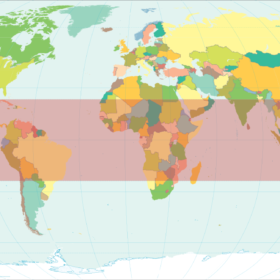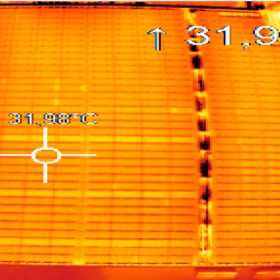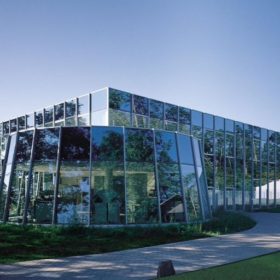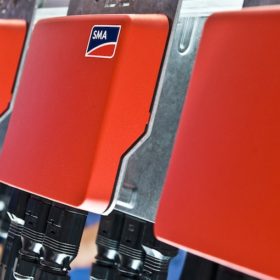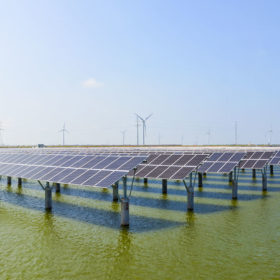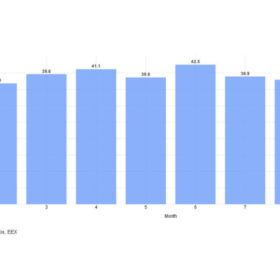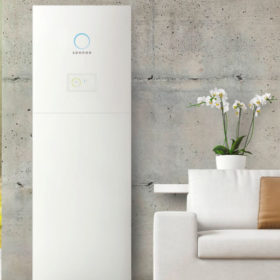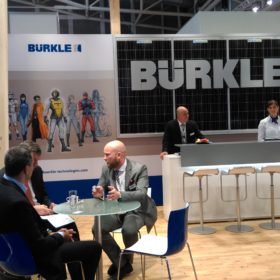International Solar Alliance at COP23: Welcoming the reign of the Sun
One of the sessions at COP23 has served as the curtain raiser for the ISA’s upcoming founding ceremony. It featured presentations on ISA programs and the Common Risk Mitigation Mechanisms (CRMM) report, as well as a panel discussion on the global effort to accelerate solar energy deployment.
What happens when… several module strings fail?
Series troubleshooting: If several module strings fail completely, the result is usually high yield losses. But to identify the strings and correct the failure can sometimes be a challenge. In this series with realistic cases, pv magazine aims to make the estimation of troubleshooting efforts more concrete and to stimulate a discussion on today’s troubleshooting efficiency.
Singulus: 2017 breakeven still possible
The German PV equipment manufacturer has posted financial results for the first nine months of 2017, projecting a protracted investment cycle for CIGS thin-film production. The company expects another prepayment from its major Chinese customer CNBM by the year’s end.
SMA warns of lower annual sales in light of component shortage
Third quarter financial update sees strong growth in Asia but weak U.S. large-scale project demand drags on overall sales. Order backlog increases 25% to €350m.
Energy Watch Group: 100% renewable electricity is both feasible and cost effective
A joint study by Finland’s Lappeenranta University of Technology and Energy Watch Group presented on the sidelines of the COP23 talks in Bonn demonstrates that a global transition to 100% renewable electricity could be achieved by 2050, and would be more cost effective than the current electricity system.
Germany’s solar, wind generation hits high in October
PV and wind power systems generated 15 billion kWh of electricity in Germany in October, with renewables accounting for 44.1% of demand.
Tennet, Sonnen start blockchain project for grid stabilization
The pilot phase will be implemented during a six-month period. Interconnected residential PV storage systems from Sonnen will be used to stabilize the power grid via blockchain.
Germany added 117 MW of new solar in September
Figures from Germany’s Federal Network Agency (Bundesnetzagentur) show that 117.185 MW of PV projects was added in September. Of this new capacity, around 11.38 MW was ground-mounted projects, and 238.4 kW was part of the country’s tenant electricity (Mieterstrom) scheme.
Wacker Chemie raises 2017 expectations to €1 billion EBITDA
German chemical supplier has raised its financial outlook for the year for the second time in three months, on the back of a strong third quarter. The company is now forecasting a full year EBITDA (earnings before interest, tax, depreciation and amortization) of €1 billion.
Bürkle presents faster lamination for crystalline modules at EU PVSEC
Bürkle has optimized its current process time for glass-backsheet and glass-glass modules by more than 20%, which will reduce the manufacturing cost per module by up to 10%, depending on the module configuration.
